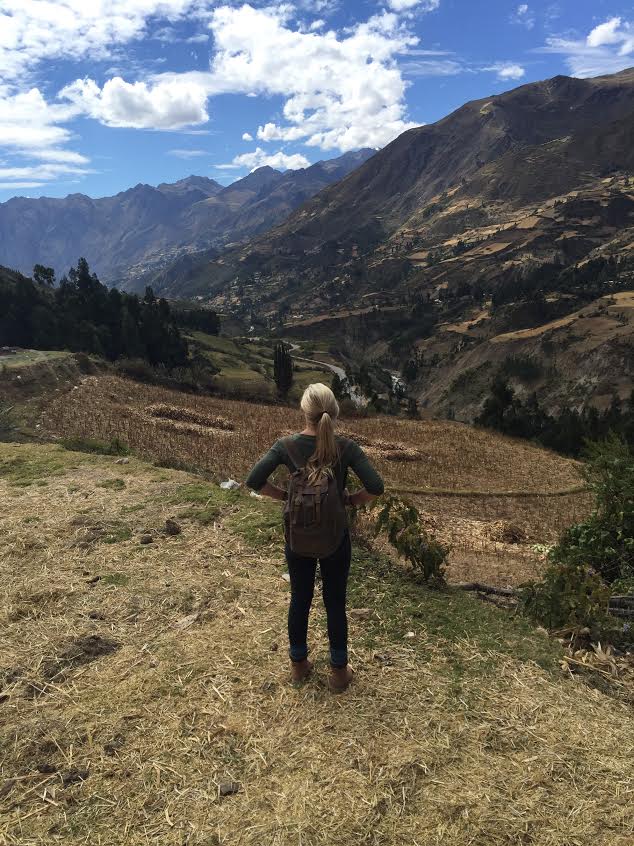
Faculty-led programs offer new venues of study
USD offers a multitude of options for students looking to travel abroad.
One of those options is faculty-led programs, which allow students to experience parts of the world through the lenses of their career fields.
Though similar to study abroad programs, faculty-led programs generally aren’t as long, and are a way for students to engage in hands-on learning with other students and faculty.
Assistant anthropology professor Mathew Sayre said faculty-led programs often focus on a certain topic of study.
“Faculty-led programs tend to be over the breaks or over the summer, and the idea is that students will feel more comfortable traveling with faculty they know,” he said. “Most of the programs revolve around the field of research that professor does, so students get a good opportunity to see that up close.”
Faculty-led programs are available in a variety of majors including English, Spanish, psychology and biology during different breaks in the year. Each one takes place in a region that the professor studies, Sayre said.
“For instance, English has gone to Europe to study Shakespeare, and the Biology trip this year is going to Costa Rica to study life in rain forests,” he said.
Angela Helmer, associate professor of linguistics, co-leads a trip to Peru that lasts four weeks. During the first two weeks, students attend a university in Lima where they learn Spanish, which is her emphasis in the trip, she said. The latter part of the trip is all about psychology and is led by another professor.
“We also go to museums, and I take the students to see the sights,” she said.
Students on Helmer’s trip receive six credits while abroad and are eligible for financial aid to help with the trip, she added.
Sayre has lead a trip to Peru each summer to excavate at a 3,000-year-old temple for the past three years. This summer’s trip has been canceled due to some scheduling differences, he added.
Junior Hannah Horn, an anthropology major, went on the Peru trip with Sayre last summer.
“That was my first experience abroad,” Horn said. “You can see these places in TV shows, or on the travel channel, or you can hear about it from your friends and family, and you think you know how it’s going to go, but then you get there and it’s completely different.”
Sayre said he encourages his students to stay in the country after the school-sponsored trip is over so they can learn and experience more about the location they’re in.
“The funny thing I’ve noticed about students in this part of the country, is that travel is viewed as a luxury, and they want to show their hard work,” he said. “So for my students ,I always try to emphasize that they should take a week or two after the excavation to explore and see more of the country.”
Horn was one student that took Sayre’s advice — she travelled alone in Peru for two weeks after the month of excavating was complete.
“There’s the experience of going there and learning something,” Horn said. “But then there’s the experience of being completely by yourself in a place where nobody speaks your language, and it’s really cool because after you figure it out, all of a sudden you’re on top of Machu Picchu and it’s like, ‘Wow, I’m here, I did it!’”

